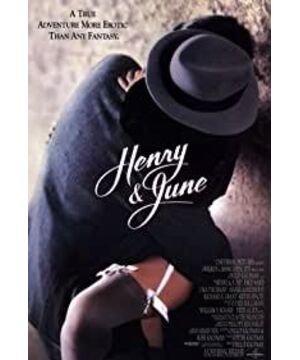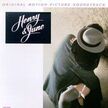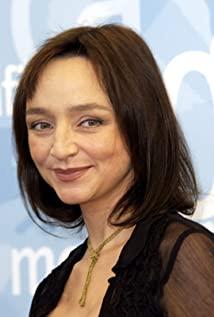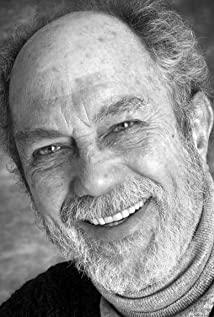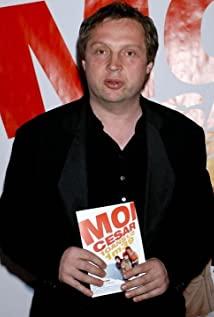"Love June Flowers", I have to admit, when I first saw this movie, my mind was blank, or rather a mess, although the whole movie is extremely beautiful, any A shot can be a painting on its own. But the emotional value orientation of the protagonist of the film makes me a little bit incomprehensible, and I don't know how to express it. The plot of the film always revolves around the love fate between Henry and Ning and Henry's wife. But this kind of love is more about the madness of the flesh and the venting of desire. The driving force and inner essence of love is the love between a man and a woman. But can a person have such a complicated love at the same time? When Ning keeps running between her husband, lover, and homosexuality for a kind of physical pleasure, is this also a kind of pain she experienced growing up as a woman? Although I also agree that love has nothing to do with morality, but in such a strong and complex love relationship, I have to be confused and clumsy. So I only watched this movie once, but it is still a masterpiece that I think should be collected. Compared with the movie, I prefer the original novel. In the novel "Henry and Joan", after "Joan has returned last night", all the stories and conflicts have quietly ended - and Ning's epiphany about "women's pain" also comes from Henry's letter. In the movie, Joan learned about Ning and Henry's secret after returning to Paris, saying that Ning's decadence was just gathering experience as a writer. Both Ning and Henry were smart and cruel people, and then Joan left Henry. It seems that the ending of the novel is not as exciting and beautiful as the movie, but the women's thoughts in it are even more memorable. Although the novel does not have the stunning beauty of the two heroines in the movie, it describes Ning's mental journey from marriage to cheating. Turning a thousand times is heart-shattering. Personally, I think the beauty of words is better than the beauty of skin, and novels are more "toxic" than movies. It is a work about human liberation and freedom. The film's music works perfectly with the content of the story, and there's a lot of Satie's work that I love. The film's hero Henry Miller's work in real life is a ban.
...I cried that morning.
I cried because I loved the street that got me out of Henry, and one day that will get me back to him.
I cry because the process of being a woman is so painful. I cry more that my chances of crying will be less from now on.
I cry because the pain is gone, and I am so uncomfortable when the pain does not exist.
At the end of the film, Ning left Henry on the way home, talking to himself alone.
View more about
Henry & June reviews


